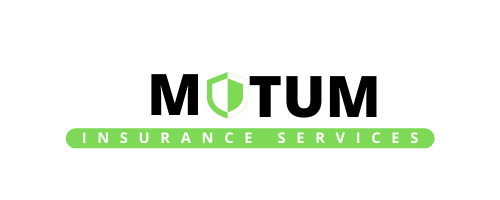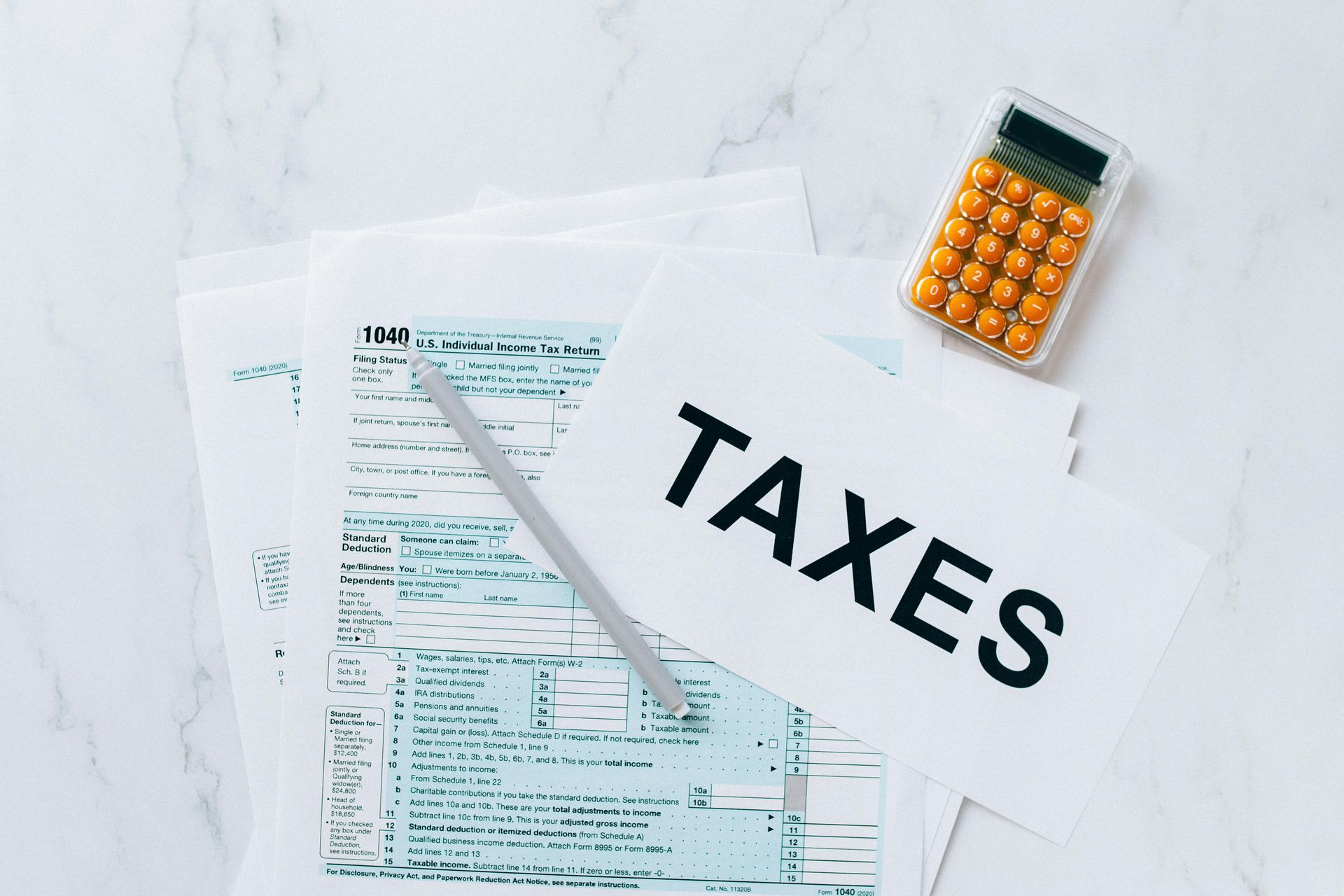Why use an insurance broker? #Myth vs #Reality

Why use an insurance broker? The No.1 question we hear.
There are many ways to purchase an insurance policy today, with a lot of people moving to purchase their insurance online it almost feels like a thing of the past to speak with someone when making such a purchase.
Often people think of an insurance broker as a 'middle man' that adds cost and inconvenience from the insurance purchase, but this really couldn't be further from the truth. This idea is rubber-stamped by some insurers suggesting you should 'go direct'.
We will break that myth with some simple reasons as to why you should use an insurance broker
Service
Brokers like us aren't tied to any one insurer, we have access to the whole of the insurance market via specially selected partner insurers. One quick chats with us and we can identify the right policy to meet your needs. That means you get the right cover and the right price.
Insurance is complex and often quite confusing. As insurance brokers, we are expected by the Financial Conduct Authority to have a certain level of knowledge, competence, and professionalism making us experts within this field. Often insurance is purchased on price with most people not realizing they aren't adequately covered. Our expertise allows us to understand your needs and provide appropriate advice to get the right policy for you.
Personal Service – quite possibly our biggest selling point, when you purchase your policy through us, you will be provided with direct access to your broker executive by phone & email, if you change your car or home address whilst with us, drop your executive an email and they will call you back to make those changes.
Cover
Purchasing insurance online is often completed on a 'non-advised' basis. This means that no advice has been given to you and you've purchased your insurance policy on the basis that you understand what you need & what you are purchasing.
We see time and time again people underinsured or even worse sometimes not insured, insurers do at times put specific restrictions on your policy, as a broker we will try and find an alternative and if we can't we will draw your attention to this and support you to make any relevant adaptations.
Direct Insurers can offer you one product, theirs! As a broker & at Motum Insurance Services, we have access to the whole of the insurance market enabling us to get the right policy for you at the right price.
With insurance often purchased on price, it is a false economy. Where we identify someone isn't appropriately insured or sometimes not insured, it's as good as setting fire to your hard-earned cash.
Price
It's a complete myth that brokers increase the cost of a premium and you would be forgiven for thinking this!
Brokers can often provide a cheaper premium than going to an insurer direct… wow that myth is undone!
The reason for this is simple, a broker-placed policy presents less of a risk to an insurer than a consumer purchasing direct. This is because brokers are professional experts in their field, the role of the broker is to find the right policy, right cover at the right price – avoiding claims and ultimately protecting the insurers' premium income.
At Motum we specialist in reducing your risk, particularly wheels-based risk, as such insurers often like working with brokers like us that will help you to understand your risks and ultimately reduce your chances of needing to make a claim.
Claims
Ever had an incident and had to call your insurer? Yes, we have as well and quite often you speak to a robot then wait 60 minutes to get through & when you do you speak with a call center that seems to rattle through a question set, without empathy.
A broker's role is to act on your behalf and not the insurers, as a broker we can take full control of your claim, ensure the service is as expected and you are correctly indemnified.
Motum is a step ahead on this as well, Motum Insurance Services is part of a wider group of companies that specialize in claims, we have our in-house claims expects, repair & recovery networks across the UK, and our own in-group client engagement system.
Not only do we answer your call in under 90 seconds but we manage the claim from start to finish so you can sit back, relax and let us do all of the work.
The true value of an insurance policy is when you need it most!
If you like the sound of this then why not get a quote simply use our website to complete our quotation form & one of our broker executives will contact you to arrange your next insurance quotation.
Alternatively, you can contact us via email from our website or through Facebook or Instagram @MotumInsuranceServices

